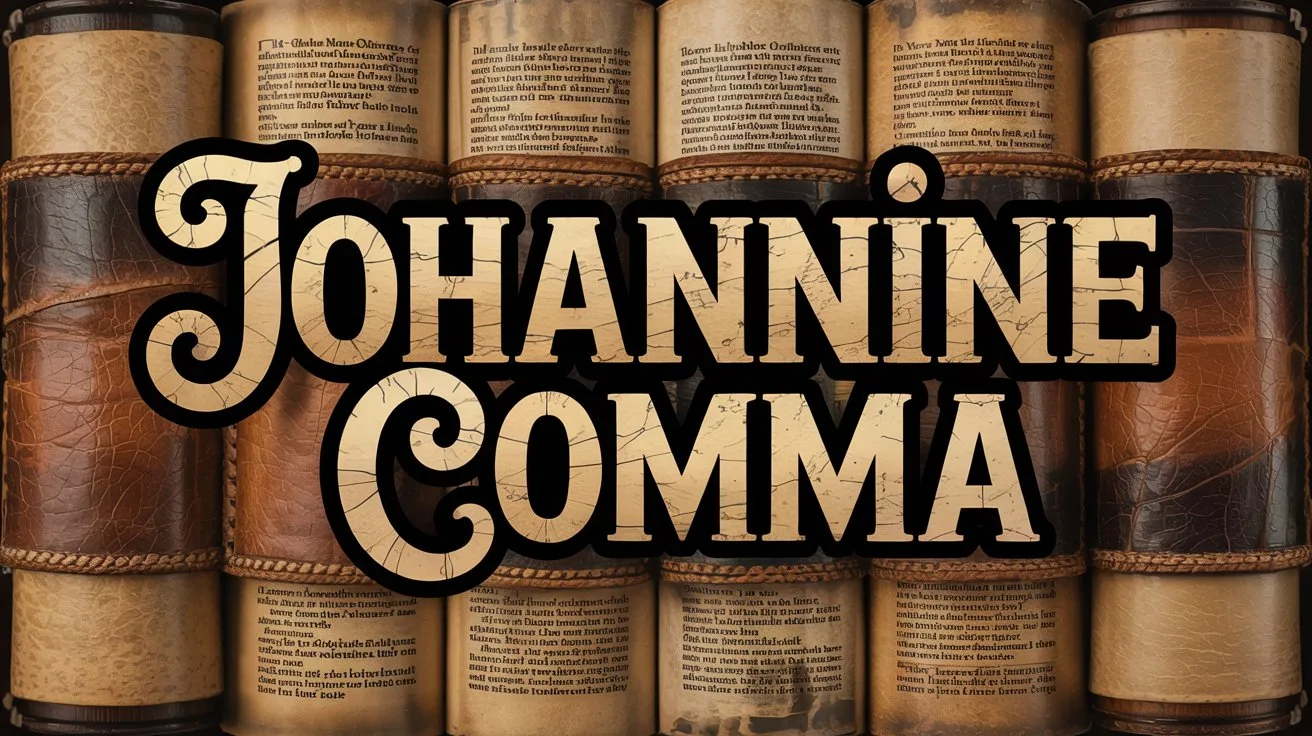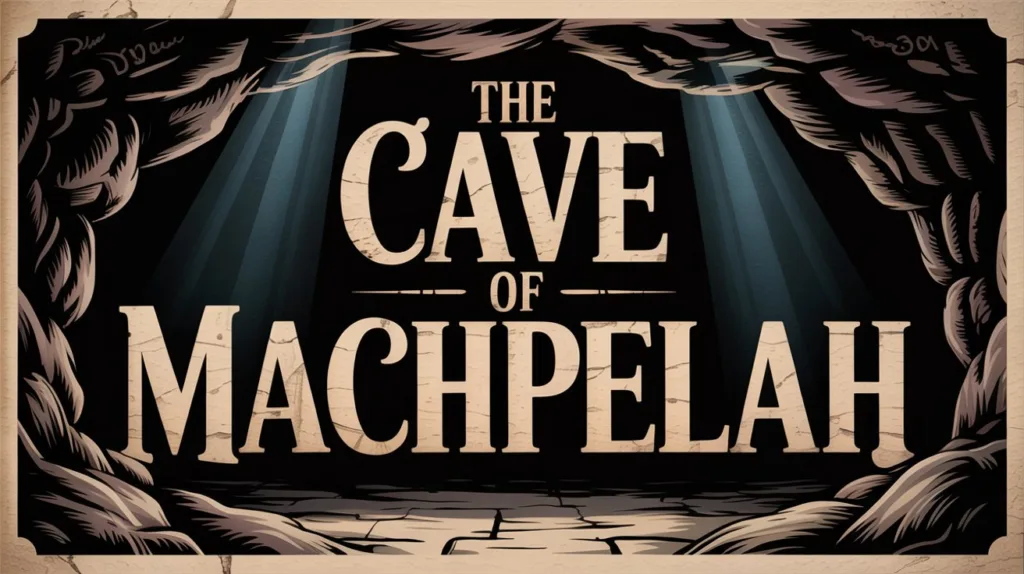The Johannine Comma is one of the most significant textual affirmations of the Trinity in Scripture and refers to verses 1 John 5:7–8 which read as follows in the King James Version, which both follow the Textus Receptus:
“For there are three that bear witness in heaven: the Father, the Word, and the Holy Spirit; and these three are one. And there are three that bear witness on earth: the Spirit, the water, and the blood; and these three agree as one.” (1 John 5:7–8)
In many modern translations based on the Critical Text (such as the ESV, NIV, NASB), the heavenly witnesses (the Father, the Word, and the Holy Spirit) are omitted or relegated to a footnote. These versions reduce the passage to: “For there are three that bear witness: the Spirit, the water, and the blood; and these three agree as one.”
Why It Matters
This short phrase may seem small, but it holds massive theological weight. The Johannine Comma provides the clearest Trinitarian formula in the entire Bible, identifying the three Persons of the Godhead (Father, Word (Jesus), and Holy Spirit) and declaring their unity: “These three are one.”
While the doctrine of the Trinity is found throughout Scripture (Matthew 28:19, 2 Corinthians 13:14, John 1:1, Acts 5:3–4), this is the only place where the unity of the Three is directly and plainly stated in this way. Removing this line removes a vital thread in the tapestry of biblical revelation.
Why It Belongs in the Bible
Theological Integrity of the Passage
The structure of the surrounding verses is awkward and repetitive without the Comma. Verse 8 suddenly speaks of “three that bear witness” with no reference to heaven, and the line between verse 7 and 8 becomes blurred. With the Comma, the flow is natural: three witnesses in heaven, and three on earth. This twofold witness structure is consistent with Deuteronomy 19:15, which requires “two or three witnesses” to establish a matter.
Manuscript and Historical Witness
Though fewer Greek manuscripts contain the Comma, it is found in numerous Latin manuscripts, church lectionaries, and was quoted by early Church Fathers, such as:
Cyprian (c. 250 A.D.): Quoted “And again it is written of the Father, and of the Son, and of the Holy Ghost, ‘And these three are one.’”
Priscillian (c. 350 A.D.): Explicitly includes the full Trinitarian phrase in his writings.
Cassiodorus (c. 485–580 A.D.): Supports the full reading in his commentary.
These writings show the verse was known and used long before the oldest extant Greek manuscripts.
It Was in the Textus Receptus
The Textus Receptus, compiled from the Majority Text tradition and used by the Reformers, includes the Johannine Comma. This is the Greek text behind the King James Version and New King James Version.
The Reformers, including Martin Luther, were aware of the textual debate and still held to the Comma as inspired Scripture. The early printed Bibles from the Reformation upheld this passage as part of the biblical canon.
Preservation of God’s Word
Psalm 12:6–7 declares,
“The words of the LORD are pure words… You shall keep them, O LORD, You shall preserve them from this generation forever.”
If we believe God has preserved His Word, we must trust the text that has been used by the believing church for centuries (not the recently reconstructed Critical Text based on a handful of Alexandrian manuscripts).
The Comma reflects the consistent teaching of Scripture and has been preserved through the line of faithful transmission, especially through the Waldensians, the Old Latin tradition, and eventually the Reformation Bibles.
Theological Implications
To remove this verse is not just a textual change; it is a theological assault. The removal of the clearest Trinitarian statement plays into the hands of heresies like modalism, Unitarianism, and Arianism. It opens the door for cults to deny the co-equality and unity of the Godhead.
Even if the doctrine of the Trinity doesn’t rest on this single verse, it is a divinely inspired exclamation point in the New Testament. Its removal weakens the clarity of one of the most essential doctrines of the Christian faith.
My Final Thoughts
The Johannine Comma belongs in the Bible. It stands as a Spirit-breathed witness to the eternal unity of the Father, the Word, and the Holy Spirit. Though attacked, neglected, and footnoted into obscurity by modern scholars, it remains preserved in the Textus Receptus: the trusted stream that has nourished the church through the centuries.
We do not judge God’s Word by manuscript count alone. We judge it by faith, preservation, consistency, and the testimony of the Holy Spirit. The Johannine Comma is not a scribal addition; it is divine truth, and it must be proclaimed, not pushed aside.





 Get the book that teaches you how to evangelize and disarm doctrines from every single major cult group today.
Get the book that teaches you how to evangelize and disarm doctrines from every single major cult group today.